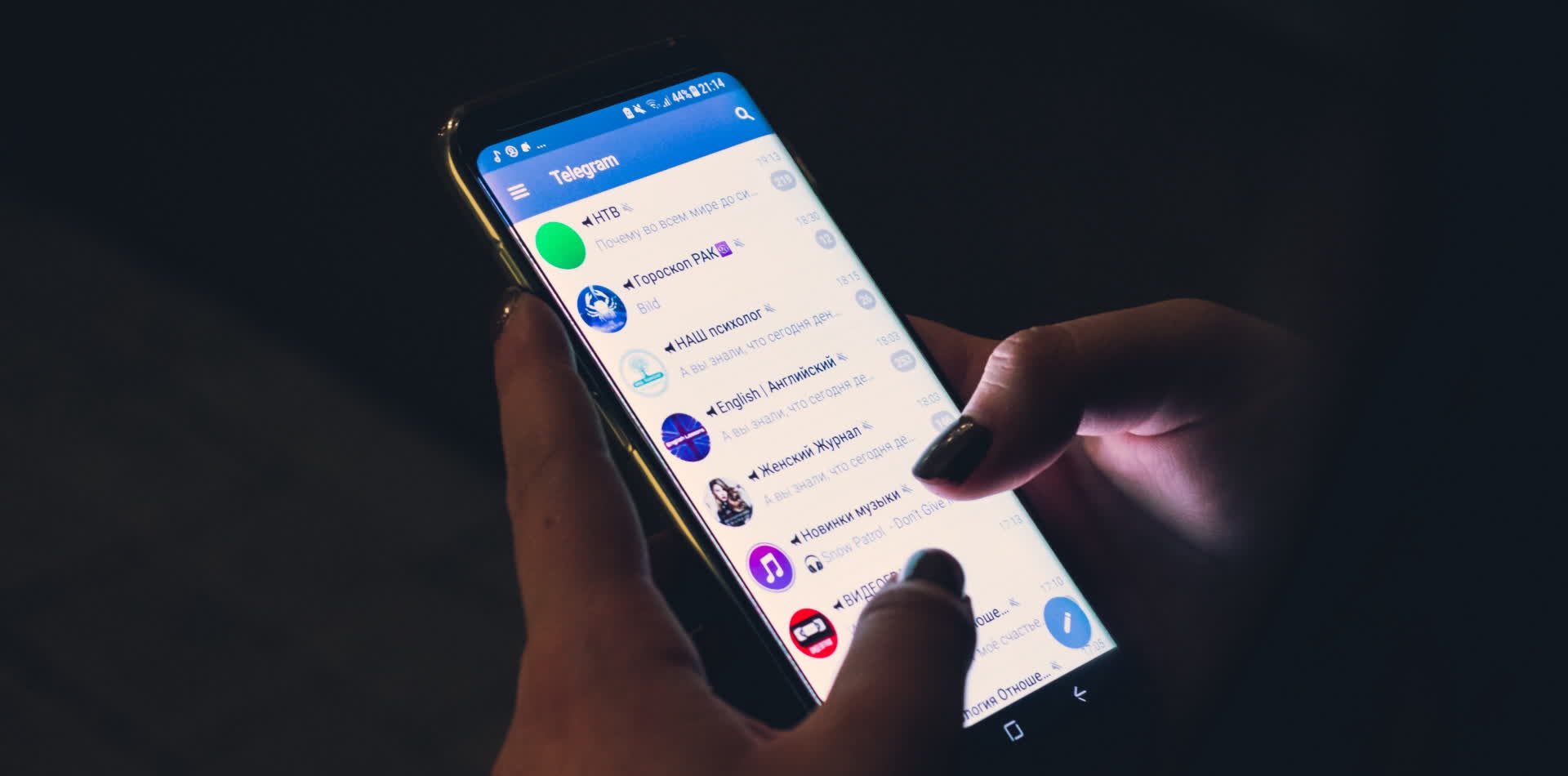In context: For those who value their online privacy, Telegram is a godsend. The chat app features end-to-end encryption, and it has amassed quite the following since its launch in August 2013 — close to 500 million users in total. Until now, the service has been pretty light in the monetization department; lacking any app-gating subscription fees or upfront costs.
Though that will remain the case for the foreseeable future (mostly — more on this in a moment), Telegram won’t remain entirely monetization-free. In lieu of gating the app behind subscription fees and one-time payments, the app will begin serving users with ads beginning in 2021. However, before you get your pitchforks out, there are a few caveats: first of all, ads will not appear in private, one-on-one conversations or group chats.
Instead, ads will be shown in Telegram’s “massive public one-to-many channels,” which effectively act as mini social networks in their own right. Telegram hopes to kill two birds with one stone here: these channels already tend to feature ads, but they’re put there by the channel owner, and can often be misleading or simply hard to distinguish from normal messages.
Telegram will kill off this practice by introducing its own ad system. Under this system, ads will be clearly marked, while also being user-friendly and privacy-conscious. We assume that means the ads won’t be targeted to your specific “taste profile,” like they tend to be on sites like Facebook or Twitter.

Ads aren’t the only form of monetization coming to Telegram. As we said before, the app itself will not be gated behind any fees, nor will any of its current features. However, Telegram plans to add additional features for “business teams” and “power users” which will require more resources to run. To compensate for this, Telegram will begin charging people to access the new tools; but not for the app itself or any of its current features.
As Telegram founder Pavel Durov says, the app will always be available “for free, forever” to regular users, so nobody should feel pressured to shell out any extra cash if they don’t want to. And, if you only use Telegram for its private chat features, none of these upcoming changes should phase you at all.
You can read Durov’s full announcement post here. It’s easy to understand and mostly free of marketing fluff, so it won’t take you too long to get through. One of the other major takeaways from Durov’s post is the confirmation that he has no plans to sell the app to a tech giant like Facebook — indeed, the purpose of these new monetization strategies is to prevent such a thing from becoming necessary.
